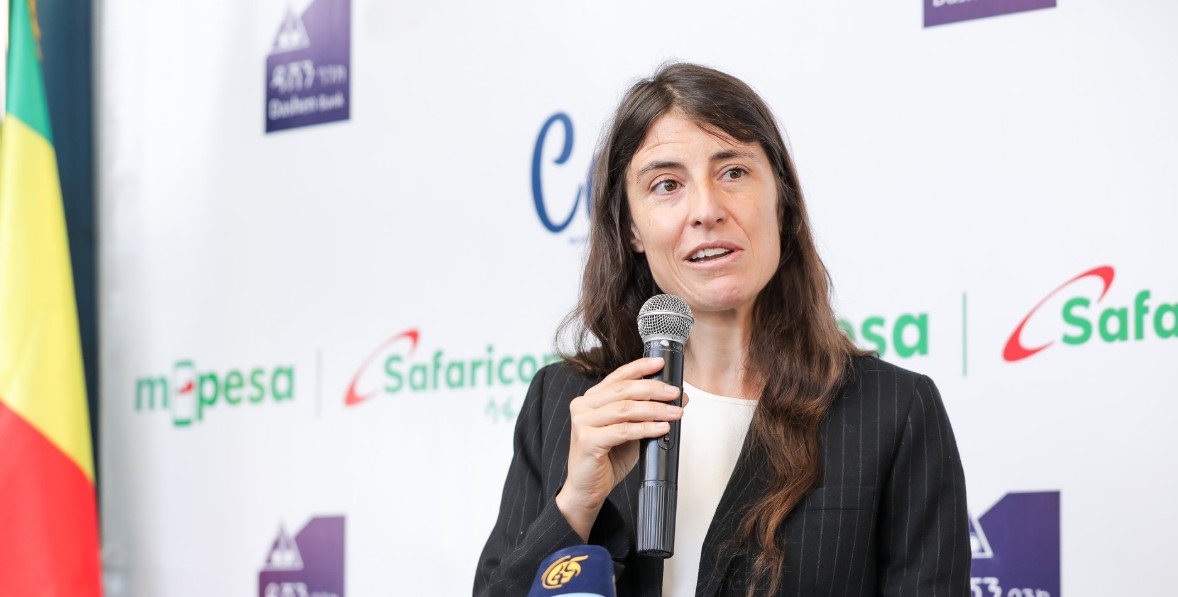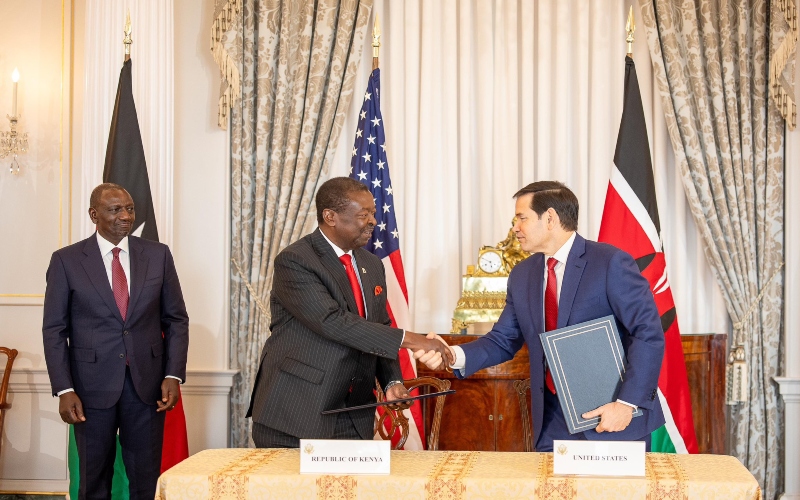Sacco auditors face lifetime ban for failing to submit mandatory reports, regulator warns

The regulator said auditors who either fail to submit or delay the submission of statutory reports on the operations and financial condition of regulated Saccos will face permanent disqualification from auditing any cooperative institution in Kenya.
Auditors who fail to submit or delay mandatory reports on the financial and operational status of Savings and Credit Cooperative Societies (SACCOs) now risk permanent deregistration, the Sacco Societies Regulatory Authority (SASRA) has warned.
The regulator said auditors who either fail to submit or delay the submission of statutory reports on the operations and financial condition of regulated Saccos will face permanent disqualification from auditing any cooperative institution in Kenya.
More To Read
- Mombasa sets January deadline for tuk-tuk operators' SACCO registration
- Regulators warn over financial sector’s dependence on limited tech providers
- Azziad Nasenya moves to court to stop auction of Sh20 million Kileleshwa apartment
- 12 matatu Saccos sue Nairobi County over eviction from three petrol stations
- More SACCOs register with FRC to fight money laundering, terrorism financing
- SASRA on the spot over alleged mismanagement, wrangles at Nandi Teachers Sacco
In a circular, SASRA said several external auditors have failed to submit the mandatory statutory report or have been filing it beyond the required four-month window after the end of a financial year, contravening the Sacco Societies Act.
Audit firms charge Saccos annual fees that can run into millions of shillings, depending on the size of the institution, meaning those banned risk losing business from the sector that has thousands of clients.
Failure by auditors to furnish the mandatory report has deprived SASRA of key insights into the financial health and compliance of regulated saccos, threatening its ability to protect the billions of shillings held as deposits in the saccos under its watch.
“The authority has noted with concern that some external auditors and audit firms which rendered external auditing services to regulated Sacco societies for the financial year ended December 2024 have failed and/or neglected to furnish the authority with the prescribed statutory report,” SASRA acting CEO David Sandagi said.
He warned that failure to comply would attract the harshest sanction under the law.
“Any failure to submit the statutory report for any financial period of auditing and within the prescribed timelines shall result in a permanent removal from the annual list of registered and approved external auditors for regulated sacco societies,” the circular reads in part.
Under Section 45 of the Sacco Societies Act, SASRA maintains a list of approved external auditors who are eligible to conduct audits for regulated saccos. Removal from this list effectively bars a firm or individual from doing any Sacco audit work in Kenya.
SASRA said it has approved 402 external auditors for the financial year ending December 2025 and directed those who have not submitted statutory reports for 2024 to comply within 30 days or face permanent expulsion.
The Saccos sector plays a critical role in mobilising savings and providing affordable credit to millions of Kenyans. SASRA’s move follows a string of governance lapses and liquidity crises that have plagued sections of the sacco movement in recent years.
Some societies have collapsed after years of weak oversight, prompting SASRA to strengthen reporting obligations and demand higher standards of transparency from auditors and boards alike.
A recent PricewaterhouseCoopers forensic audit made public early in the year showed former top executives at saccos’ umbrella body, the Kenya Union of Savings & Credit Cooperatives (KUSCCO), suffered a Sh13.3 billion heist. The theft was executed through years of shady financial dealings that included cooking of books to declare phantom profits while making large unexplained withdrawals.
Section 44(3) of the Sacco Societies Act requires every sacco to appoint external auditors during annual general meetings. The external auditors are charged with preparing the statutory report and sharing it with SASRA within four months after the end of a financial year. This means SASRA should have received the reports for the year ended December 2024 by the end of April 2025.
The statutory report is a legally mandated document submitted to SASRA. It supplements the audit report delivered to the Sacco’s management and provides the regulator with an independent assessment of the institution’s solvency, internal controls and adherence to prudential standards.
Top Stories Today















































